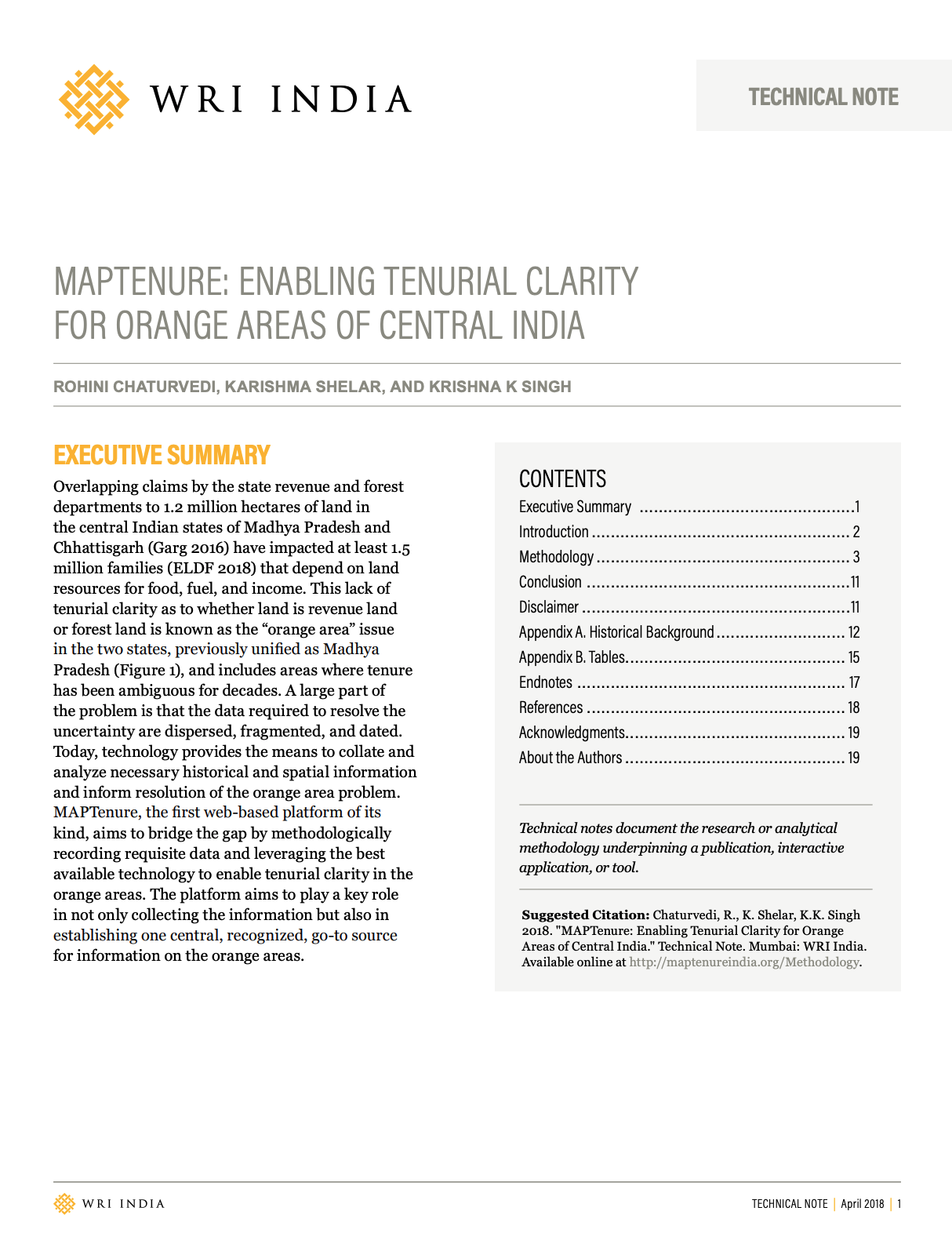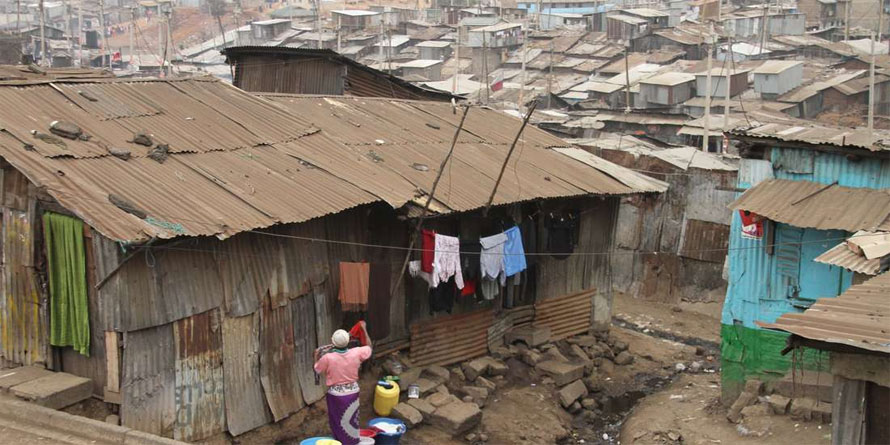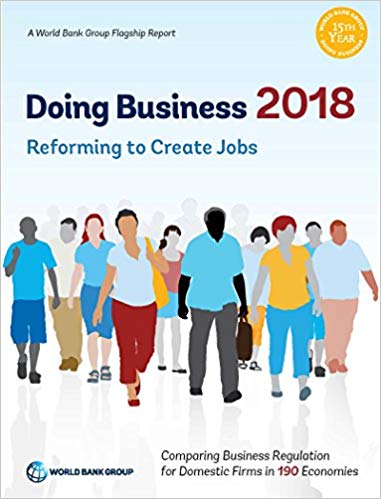MAPTenure: Enabling Tenurial Clarity for Orange Areas of Central India
More than half the villages of Madhya Pradesh and Chhattisgarh are affected by a peculiar issue of tenurial ambiguity called “orange areas.” This issue impacts nearly 1.2 million hectares and 1.5 million, largely poor, landless and tribal families, that depend on these lands for food, fuel, fodder and other sources of income. This lack of tenurial clarity also impacts forest protection outcomes in the state and constrains the achievement of biodiversity, water and climate targets.










